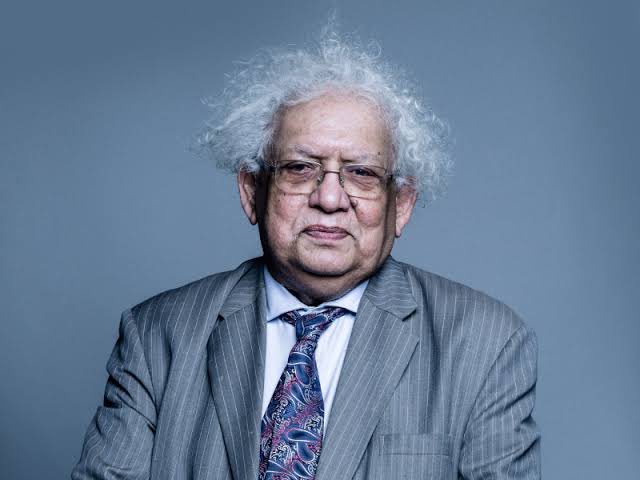Dimapur | July 30, 2025 —Lord Meghnad Desai, one of the most brilliant and outspoken minds in global economics and politics, passed away on Tuesday at the age of 85 in Gurugram, India, following a brief illness. Born in Gujarat and celebrated across continents, Desai’s legacy stretches far beyond academic circles — shaping public policy, challenging political norms, and bridging two nations: India and the United Kingdom.
🔹 From Vadodara to the House of Lords
Born on July 10, 1940, in Vadodara, Gujarat, Meghnad Desai’s journey from India’s university classrooms to the halls of the London School of Economics (LSE) is the story of a lifetime devoted to ideas. A PhD holder from the University of Pennsylvania, he joined LSE in 1965, where he rose to become one of its most distinguished professors and founded the Centre for the Study of Global Governance.
His academic work covered:
Marxian and Keynesian economics
Globalisation and inequality
Poverty and development policy
Political economy of India
🔹 The Scholar Who Challenged the Status Quo
A prolific writer and thinker, Lord Desai authored several influential books, including:
Marx’s Revenge
The Rediscovery of India
Rethinking Islamism
Who Wrote the Bhagavad Gita?
He questioned dominant ideologies and was known for his independent, often controversial opinions — including critiques of political figures, religious narratives, and economic dogmas. He believed in open debate, critical inquiry, and reform grounded in realism.
🔹 A Peer in Politics, A Voice of Reason
In 1991, Desai was appointed a Labour life peer and became Baron Desai of St Clement Danes. In the House of Lords, he stood out for his nuanced perspectives on global policy, economics, and ethics.
He left the Labour Party in 2020, citing ideological drift and concerns about anti-Semitism and populism. Yet, he remained an influential figure, respected for his integrity and independence across party lines.
🔹 Deep Roots in Indian Reform
Although he lived in the UK, Desai never distanced himself from India. He actively supported India’s 1991 economic liberalisation, praised leaders like P.V. Narasimha Rao, and often urged for reforms in education, taxation, governance, and public delivery systems.
He believed India’s youth held the key to its future — but needed systems that empowered them, not slowed them down.
“India doesn’t lack talent. It lacks the systems to allow that talent to flourish,” he once said.
Desai served as an advisor to the Indian government and academic institutions, and he founded the Meghnad Desai Academy of Economics (MDAE) in Mumbai to modernise economics education.
🔹 A Cultural Thinker Beyond Academia
Lord Desai’s interests were not confined to economics. He was an avid film lover, especially of Hindi cinema, and wrote extensively about Dilip Kumar, whom he called “Nehru’s hero.”
He also explored religion, literature, and philosophy, writing with curiosity and clarity, even on topics like the Bhagavad Gita, often approaching sacred texts from a secular lens.
🔹 Final Days and Farewell
Lord Desai passed away in Gurugram, surrounded by his family. His wife, Kishwar Desai, an acclaimed author and columnist, was by his side.
Tributes have poured in from across the globe, with leading economists, politicians, journalists, and public intellectuals calling him “a rare mix of courage, intellect, and compassion.”
🕊️ Legacy Lives On
Lord Meghnad Desai leaves behind a towering legacy — as an economist who challenged orthodoxy, a peer who valued truth over party lines, and a global citizen who believed in the power of ideas, debate, and dialogue.
As we say goodbye, we remember not just a professor or a peer, but a man who dared to think differently — and inspired others to do the same.





